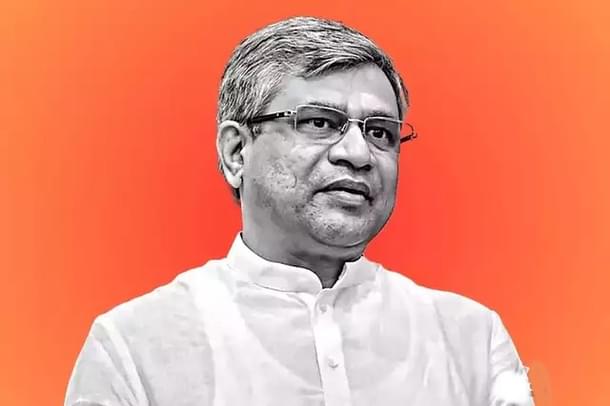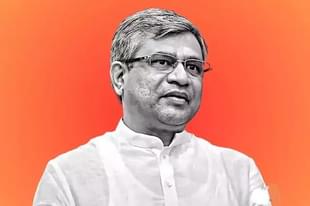News Brief
Railways (Amendment) Bill 2024 Explained: Here’s What You Need To Know About New Reforms, Infrastructure Upgrades
Vansh Gupta
Dec 06, 2024, 05:24 PM | Updated 05:24 PM IST
Save & read from anywhere!
Bookmark stories for easy access on any device or the Swarajya app.


Union Railway Minister Ashwini Vaishnaw introduced the Railways (Amendment) Bill 2024, in the Lok Sabha, proposing significant reforms to improve Indian Railways' efficiency, governance, and autonomy.
The Bill seeks to amend the Railways Act, 1989, granting statutory powers to the Railway Board and introducing measures to streamline operations. However, it has sparked debates over potential privatisation and implications for accessibility.
Key Objectives of the Bill
1. Statutory Powers for the Railway Board: The Bill provides legal backing to the Railway Board, which has operated without statutory authority since its inception.
2. Decentralisation and Autonomy: Enhanced powers for railway zones to manage finances, infrastructure, and recruitment, reducing centralisation.
3. Independent Regulator: Establishing a regulator to oversee tariffs, safety, and private sector participation, promoting transparency and competition.
4.Simplification of Legal Framework: The Indian Railway Board Act, 1905, will merge into the Railways Act, 1989, for a more coherent legal structure.
Proposed Reforms and Structural Changes
1. Independent Regulator:
The Bill includes provisions for a regulator to safeguard stakeholders’ interests and ensure fair competition. Recommendations for such a body date back to 2015, focusing on tariffs, infrastructure access, and service quality.
2. Autonomy for Railway Zones:
Long demanded by committees like the Sreedharan Committee (2014), the Bill proposes decentralising operational and financial decision-making to zones. This change will empower zones to handle local budgets, infrastructure projects, and recruitment more effectively.
3. Railway Board Composition:
The government will determine the size, qualifications, and tenure of the Railway Board, streamlining governance and ensuring accountability. The appointment process for the Board’s Chairman and members will also fall under the government’s purview.
4. Infrastructure Development:
New Section 24A enables expedited superfast train operations and infrastructure upgrades. For instance, extending the Arunachal Express via the Siwan-Thawe-Kaptanganj-Gorakhpur route is expected to benefit Bihar, with an estimated cost of Rs. 300 crore for upgrades and Rs. 250 crore annually in recurring expenditures
Concerns and Criticism
The Bill has sparked opposition, with critics raising concerns over:
Privatisation Risks: Opposition leaders argue that the reforms may pave the way for privatising Indian Railways, potentially reducing accessibility for low-income groups.
Erosion of Autonomy: Apprehensions have been raised about increased government control over Board appointments, which could compromise the Railway Board’s independence.
Concessions in Ticket Fares: MPs have advocated for reinstating fare concessions discontinued during the 2020 pandemic.
Vaishnaw refuted allegations of privatisation, emphasizing that the reforms aim to make Indian Railways more efficient, self-sustaining, and socially responsible. The Minister highlighted that the proposed changes align with the vision of a modernised railway system catering to India’s growing needs.
While the Railways (Amendment) Bill, 2024, promises transformative changes, its implementation will require careful balancing of efficiency, accessibility, and public interest.
Also Read: Russia-North Korea Defence Pact Comes Into Effect Amid Allegations Of Troop Deployment To Ukraine
Vansh Gupta is an Editorial Associate at Swarajya.





